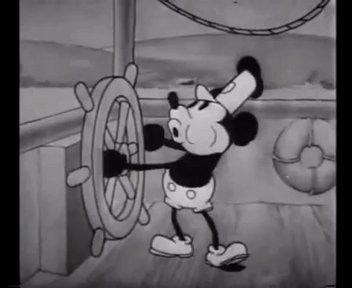Let me start by saying that someone with actual experience in a firefight(the shooting kind) is rare, and someone that will talk about it is even more rare.
So knowing that its highly unlikely anyone with actual experience will reply, may I ask what it was like?
Yeah that sounded super corny, what I mean is, what was your physical reaction? Obviously its gonna be different in a long range situation where you got the drop on somebody, but under the circumstances of the enemy actually shooting back at you and knows your location, is it difficult to keep steady? Or are you more focused on the situation and the nervous hit comes later?
Ive had some pretty hairy encounters/escapes with police in my younger partying days, and its difficult to remember the actual in-the-moment feeling, but afterward I was rattling like a Eastern Diamondback`s tail. Same for when I got into fights, my coordination would drop a good bit and hands/knees were jackhammering pretty good. Strange because I wrestled all through HS and dont remember any shaking during big matches, the adrenaline was definitely still there though.
So in the moment of the actual firefight, are your hands/knees shaking? Or does that usually only come afterward? Obviously training increases your chances of success immensely, but as far as the shaking, does/did that happen to you? Were you shaking as much as I feel like I would in that situation? How do you deal with it?
Thanks.
So knowing that its highly unlikely anyone with actual experience will reply, may I ask what it was like?
Yeah that sounded super corny, what I mean is, what was your physical reaction? Obviously its gonna be different in a long range situation where you got the drop on somebody, but under the circumstances of the enemy actually shooting back at you and knows your location, is it difficult to keep steady? Or are you more focused on the situation and the nervous hit comes later?
Ive had some pretty hairy encounters/escapes with police in my younger partying days, and its difficult to remember the actual in-the-moment feeling, but afterward I was rattling like a Eastern Diamondback`s tail. Same for when I got into fights, my coordination would drop a good bit and hands/knees were jackhammering pretty good. Strange because I wrestled all through HS and dont remember any shaking during big matches, the adrenaline was definitely still there though.
So in the moment of the actual firefight, are your hands/knees shaking? Or does that usually only come afterward? Obviously training increases your chances of success immensely, but as far as the shaking, does/did that happen to you? Were you shaking as much as I feel like I would in that situation? How do you deal with it?
Thanks.


